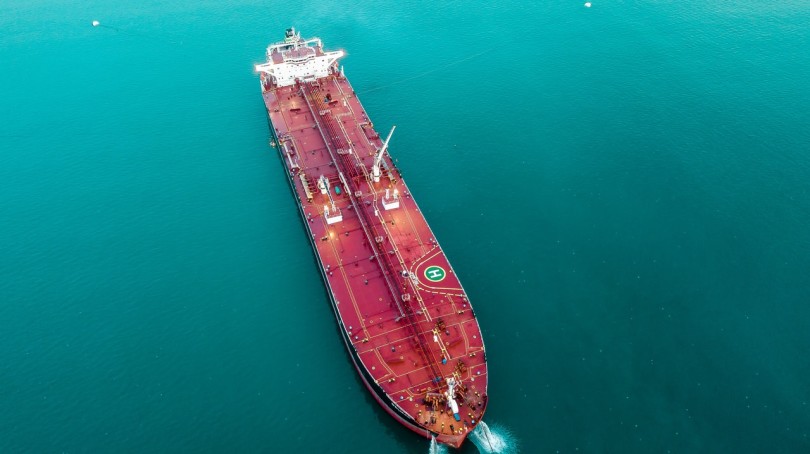How does Battery Energy Storage work?
19 Apr 24
Enviro ChatThe Global News Source for the World of Science and Chemicals
09 August 2020
Chem Chat
The oil and gas industry has taken something of a pummelling over recent months. With lockdown measures in place across much of the globe to limit the spread of coronavirus, demand for energy fell sharply, as industries and businesses all but shut down and far fewer passenger vehicles took to the streets.
Now, with the world beginning to emerge from the height of the coronavirus crisis and the oil industry also showing signs of recovery, it has become apparent how adequate storage facilities were instrumental in ensuring that the damage was not even more widespread. The storage hub of Fujairah in the UAE was particularly important as a strategic location for depositing reserves until the market recovered sufficiently to warrant its sale once more.
At the peak of quarantine, over a third of the global population experienced some form of restriction on their movements and disruption to their daily lives. In energy terms, this meant that public and private demand for fossil fuels fell dramatically, leading to a surplus of oil on the market.
However, shutting down operations altogether did not pose a realistic option for many oil extraction companies, due to the logistical headaches and significant expense involved in doing so. That meant that they continued to pull oil from the ground but had no one to sell it to, resulting in the price of a barrel dropping into negative values for the first time in the history of the industry.
Step forward oil storage facilities. Fujairah has long been an in-demand location for stockpiling oil barrels due to its strategic location on the Strait of Hormuz. Commercial vessels and oil tankers leaving Iran, Iraq, Kuwait and Saudi Arabia pass through the Strait on their way to delivering their product to customers in other parts of the world, making Fujairah an ideal stop-off.
The port became even more prized than normal during the pandemic. In April, the 10 million cubic metres of storage space reached capacity, while similar scenarios played out around the world. However, the stopgap solution provided by these facilities was instrumental in ensuring that the oil industry did not suffer even bigger losses than those it was already experiencing.
Aware of the vital role that Fujairah will continue to play in the global oil industry, the UAE’s Brooge Petroleum and Gas Investment Company (BPGIC) have announced they are pressing forward with plans to upgrade their facilities. Under the current second phase of their expansion plans, BPGIC are aiming to increase their capacity at Fujairah by a further 3.8 million barrels by the end of this year.
Furthermore, phase three of the project is even more ambitious. By the end of 2022, they plan to add another 4.5 million cubic metres of storage, creating space for an additional 22 million barrels. That will make BPGIC one of the biggest holders of storage assets in Fujairah and indeed in the world.
DOWNLOAD PDF

2 Day Seminar Program
@ ArabLab+ 2024
24 & 25 September 2024
Your stay in Dubai
Labkit
Product News
Chemkit
Product News
Thinking about exhibiting at ARABLAB 2024? Watch our video to find out more.
Join the world’s leading organisations…
Join our mailing list and receive the ARABLAB newsletter and event updates.